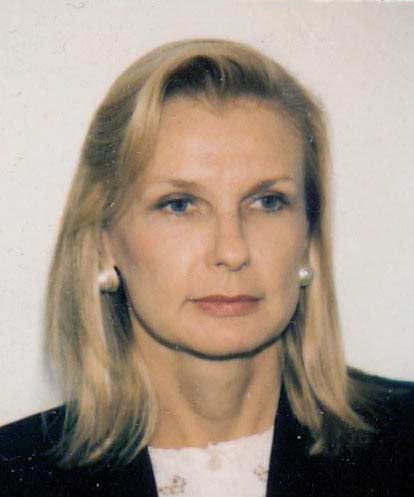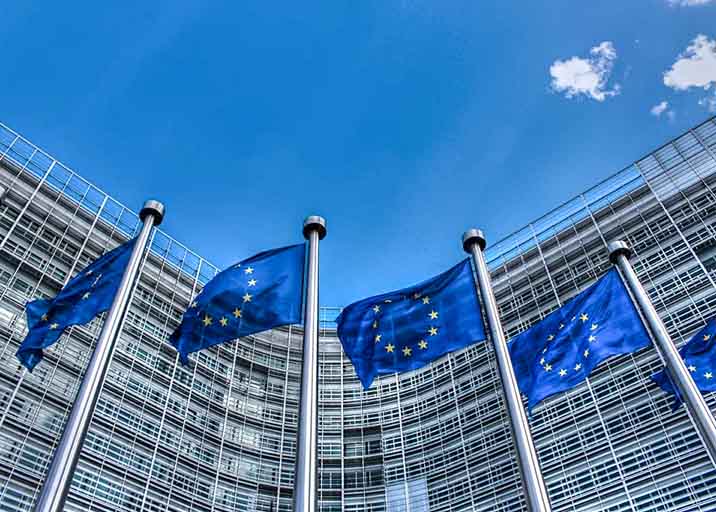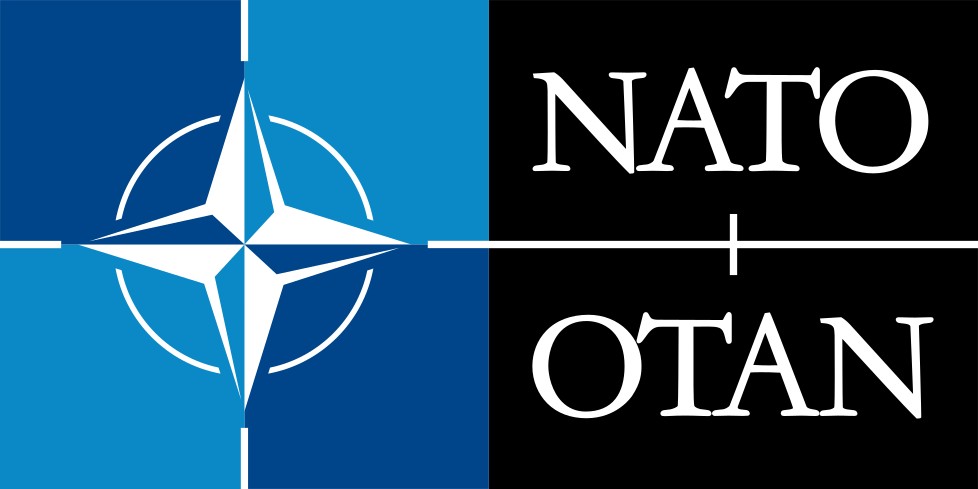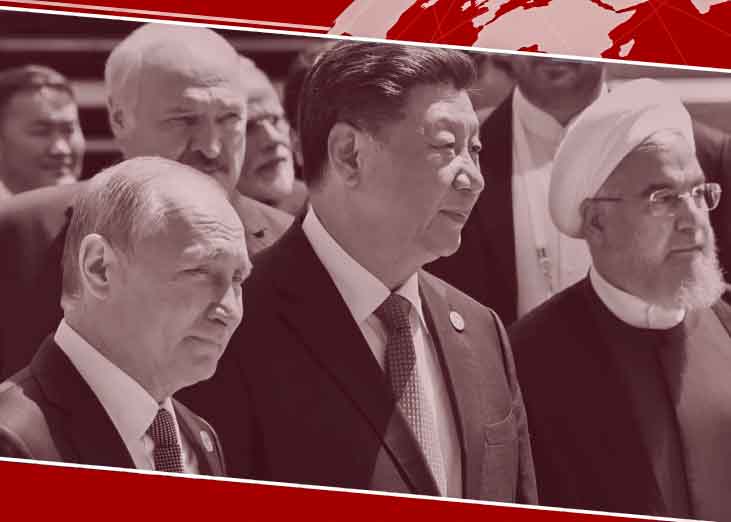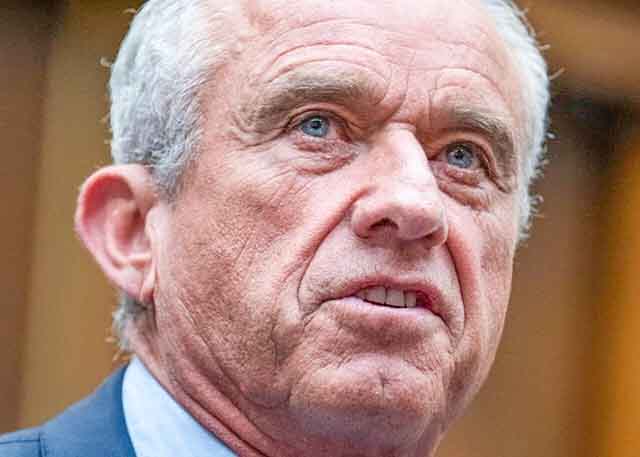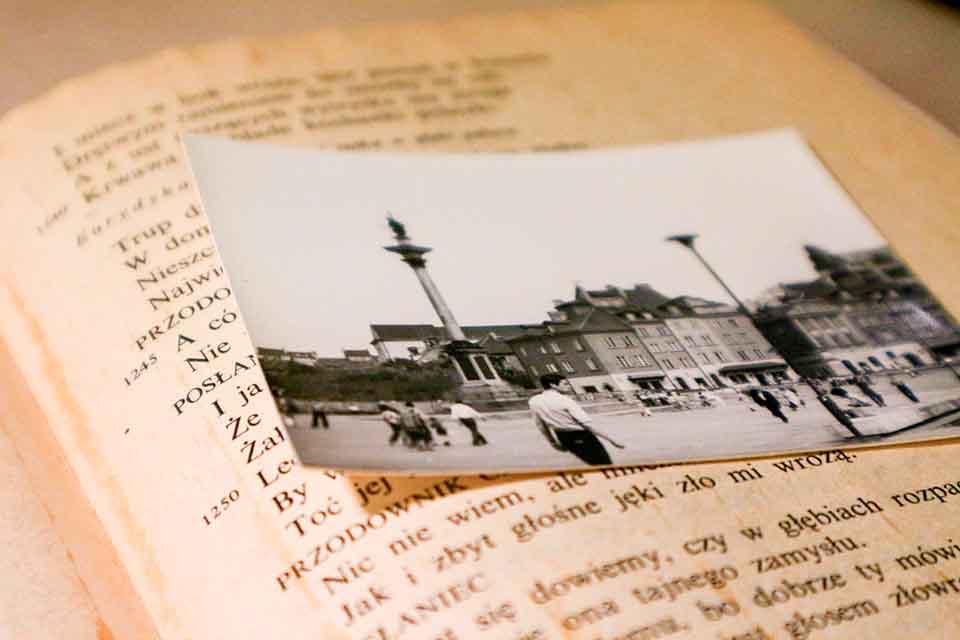At the NATO summit in Vilnius, the United States allied itself with Germany, the greatest appeaser of the Western alliance. As a result, there were no breakthroughs in the decisions of the summit, despite promising pronouncements going on for months. The overwhelming goal of the summit seemed to be the prevention of any possibility of escalation with Russia. This is a constant goal throughout the war. William Burns, head of the CIA, is regularly meeting with Sergey Naryshkin, head of Russian intelligence, to discuss escalation, or what Russians would consider escalation.
Diplomatically, it was widely expected that Ukraine would receive a clear invitation that it will be admitted to NATO after the war ends, a timeline, and security arrangements until that goal is reached. All countries in NATO agreed to it, except for Germany and the U.S., and they prevailed. What Ukraine got instead was a list of conditions to fulfill and guarantees, which are largely a repeat of the disastrous Bucharest declaration of 2008. Not only Ukraine was dismayed.
President Joe Biden repeated he would support Ukraine “as long as it takes.” But this is not the point. Every day, Ukrainian soldiers and civilians are killed, and key infrastructure is destroyed. The point is to send a clear signal to Russian President Vladimir Putin of Western commitment to Ukraine, to create a breakthrough that will bring Putin to the negotiating table instead of demanding total Ukrainian surrender.
Militarily, the situation is even worse. Ukraine was quite successful with its counteroffensive last fall, liberating large areas of the country. Ukraine could have gone on, but it did not have the means. It took the West nine months to provide it with modern weapons. But in the meantime, Russians dug in all along the long front line. They created minefields, trenches, and anti-tank barriers that the Ukrainian military has to get through now to advance. It is impossible with the weapons they have. They need aircraft and long-range missiles to prepare the ground for their attacks but do not have them. Ukrainian soldiers are crawling on the ground, disarming mines by hand, and dying in large numbers. There is hardly any military progress.
One of the things the Prigozhin rebellion demonstrated was that Wagner troops could march from Rostov-on-Don toward Moscow almost totally unopposed. The area of the eastern Russian-Ukrainian border was almost totally denuded of Russian troops. This is because Russia has total confidence in the requirement of the Biden administration that Ukraine is not to attack the Russian border and thus has no need to defend it. As a result, all current Russian troops are concentrated on the southern and eastern Ukrainian fronts, where they are not only defending their positions effectively but conducting mini offensives of their own.
But this is not bad enough. Putin is escalating both his diplomatic and military offensive. Prigozhin’s troops have been relocated to Belarus, training the Armed Forces of the Republic of Belarus and threatening the northern Ukraine frontier. Poland is being threatened on its border with Lithuania, as well as with a march on Rzeszow, the main hub of Western assistance. Putin is bombing Ukrainian port facilities and promising to shoot any ships in the Black Sea. Further, Russia is moving a newly formed and trained 100,000-troop army into the northeastern Ukraine area, where it seems poised to invade the Kharkiv region, just regained from Russia last fall.
Thus, the U.S.-German definition of the main goal of the war, fear of Russian escalation, is bringing about just that: Russian escalation, and not only toward Ukraine but also Poland and possibly others.
U.S. and German appeasement and weakness at the NATO summit are inviting Russian escalation of violence, which eventually might bring results that Russia sought at the beginning of the war. The Biden administration created a political and military framework in which Ukraine cannot win. If it cannot win and create conditions for a satisfactory diplomatic resolution of the conflict, eventually, Western support will falter, back channels will multiply, and a collapse (negotiated or not) will come. Apparently, the lessons of the Vietnam War still have not been properly absorbed.



